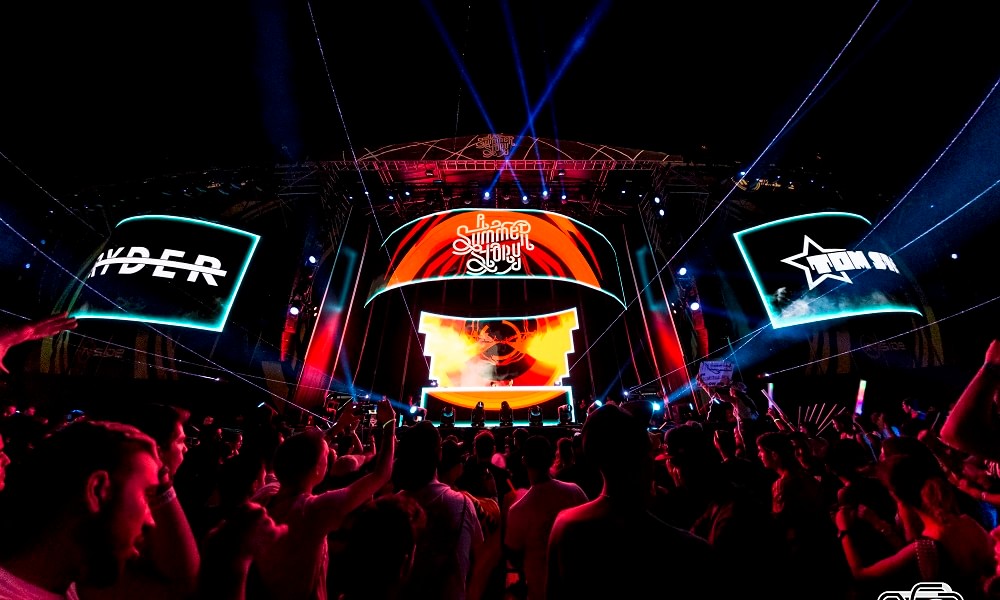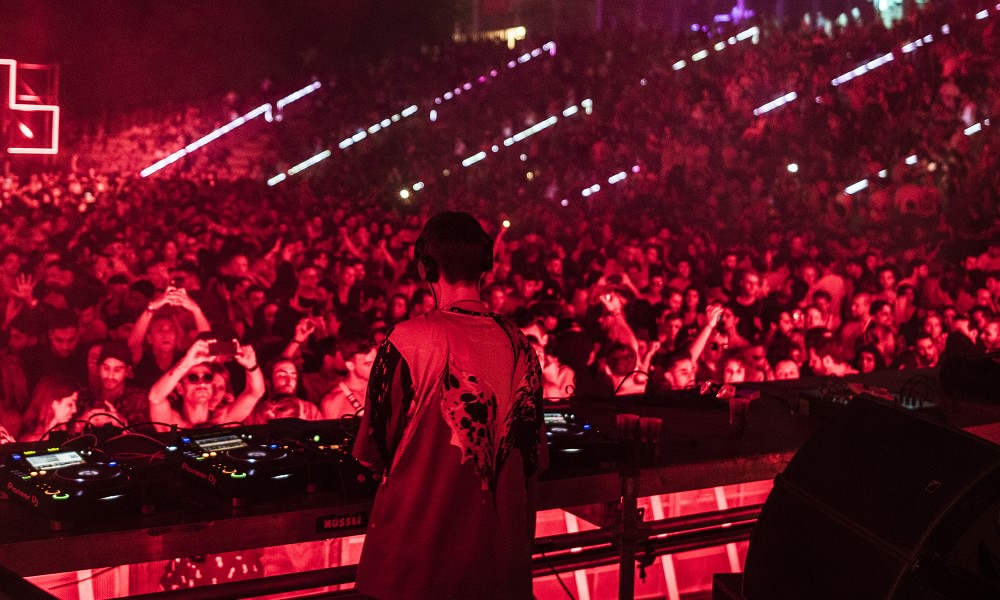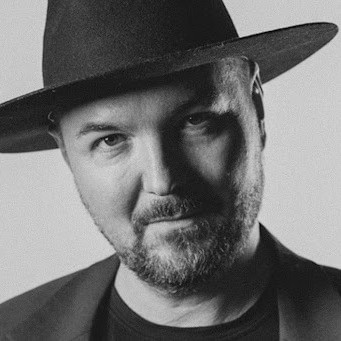Artist

deep melodic euro house
house
minimal techno
tech house
tropical house
6 followers
Kölsch
About
For Rune Reilly Kölsch, Kompakt has become a great label to call home. In 2013 the German imprint celebrated 20 years of record releases at the cutting edge of electronic music, championed in June by one of the most genre re-defining albums and personal music projects for an era: Kölsch’s landmark long player, ‘1977’.
A melodic autobiography on black wax, the Kölsch project has seen 36/37-year-old Rune take stock of a diverse and successful production career and draw upon his own personal beginnings: a nostalgia for childhood, family, friends and the confusion of applying his split-cultural heritage to what it means to think of ‘home’. As Rune freely admits, “being half Irish, half German and living in Denmark – it was all one big messy period of my life.”
Born to hippie parents in the freetown of Christiania (a commune-like autonomous borough of the Danish capital Copenhagen) his childhood was spent surrounded by creativity. His mother was an artist whose family had roots in German politics and his father a singer songwriter who travelled through Asia playing music in the early 70's. Kölsch, however, did miss out on building friendships and found solace in making up “this imaginary world that I would spend days in,” before the family moved to Germany – a period of memories, relations and characters from which ‘1977’ derives its titles.
For Rune, the tracks he began building from 2010 took in this personal reflection, his being “completely locked in to reminiscing about what shaped me as a kid and into the individual that I am now” – contemplating his unique past to form the brickwork of ‘1977’, one of the most future-facing techno albums of recent years.
Influenced by hip hop, pop and the incredible legacy of Jeff Mills and Derrick May, Rune started producing in 1995, embarking on a string of success stories. In 2003 he released the multi-million selling, saxophone-infused ‘Calabria’, that saw collaboration requests pouring in from artists as diverse as Nicki Minaj, Shakira and Flo Rida. He then set up Tattoorecs – releasing pioneering underground tracks with no titles, just tattoos for artwork, that garnered critical acclaim and support from minimal and techno trailblazers such as Sven Väth, Richie Hawtin, Magda, Tiefschwarz and Ricardo Villalobos.
This appreciation of the complete musical spectrum has gifted Rune with a devotion to groove and melodics and with it the dexterity to input real creative change to the genres he reveres, not least his beloved techno. “2010 was the year of the ketamine house wave, where the music was 118 bpm and everything was extremely boring”, reflects Rune. “I wanted some melodic techno, some energy back in this scene. People needed the energy to express themselves and go crazy for a bit.”
This notion faced opposition, even from within Rune’s close circles. But it was Kompakt founder Michael Mayer who had the insight to see what Kölsch was trying to achieve. Rune’s conviction that vibrations and melodics are the key to human response had tipped the balance, underlined by his experience as a hip hop DJ where he “needed something to catch me and drag me in. And that’s what techno should do!” Here too he drew on his love of Jeff Mills and Derrick May, recalling how “they used to make mistakes all the time. It would be a big mash of all kinds of stuff, but at least something was happening. That’s what I was missing and that’s what I’m trying to change with the Kölsch project.”
The result is ‘1977’, a personal collection of dancefloor destroyers that are continuing to send clubs and festivals across the globe into melodic supernova. Take this video of Kölsch’s set at Belgium’s I Love Techno festival, one of Rune’s 2013 highlights, where “people were doing sit downs, singing along to all the tracks”. Watch it. It puts the hairs up on the back of your neck. “The response was overwhelming,” said Rune in a recent interview with Mixmag (who named Kölsch as one of their ‘Stars Of 2013’), as “when you think about it, it was just a bunch of childhood memories with a kickdrum underneath.”
Elsewhere he’s ripped up the airways with an acclaimed Essential Mix for Pete Tong on BBC Radio 1, delivered his incendiary soundscape to Singapore’s world-renowned ZoukOut Festival, boomed his live show through the heaving basement of London’s XOYO and played the hallowed Space Terrace – in his words “a boyhood dream since I started going to Ibiza in 1999. That was what I wanted from life!” So opening Amnesia in 2014 with Joris Voorn will be a bonus then...
While these are reasons enough to keep the beaming smile beneath Kölsch’s trademark black fedora, his humility remains just as striking. While tracks like ‘Goldfisch’ have taken pivotal positions in the set lists of world class DJs from across the dance music spectrum – traversing the underground with Seth Troxler, while simultaneously providing credible new euphoric highs for the likes of Axwell – Rune remains joyously down to earth. All despite producing, with ‘1977’, an album that has crossed as many cultural and musical boundaries as his own childhood past.
From the face-twisting melodic drive of ‘Opa’ and ‘Bappedekkel’, to the chord-surfing piano groove of ‘Der Alte’ and the euphoric crescendos of ‘Lorely’, ‘Oma’ and ‘All That Matters’ (all hits in different countries), the fact remains that whether in your living room, on the dancefloors of the world’s greatest parties, or simply in your headphones on your way home, Kölsch’s ‘1977’ has re-defined techno and become an achievement that speaks for itself.
Words: Phil Dudman – Clubs & Live Music Editor, Mixmag
Upcoming Gigs
Past events
Articles, news and mentions about Kölsch

A Summer Story will celebrate its best edition ever
Fri, 12 May 2023

clubbing
culture
music
Xceed DJs of the Year: Top100 electronic music DJs and performers of 2018
Mon, 21 Jan 2019

culture
music
top10
20 house and techno tracks which set the pace in 2018
Fri, 28 Dec 2018

music
top10
These are the 10 best tracks of 2018 so far
Tue, 24 Jul 2018


